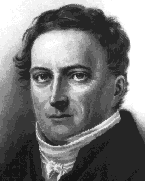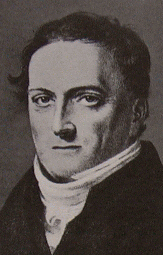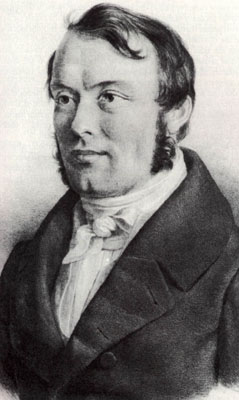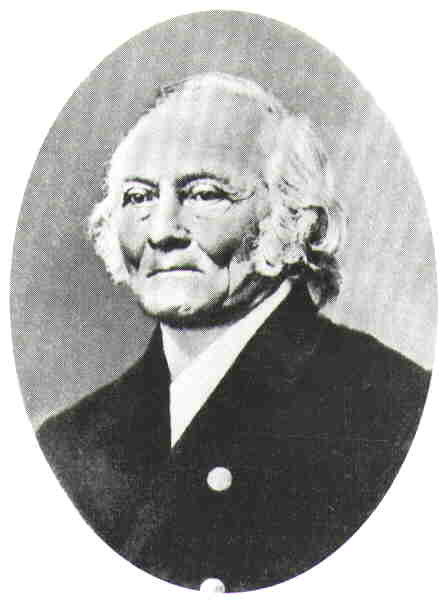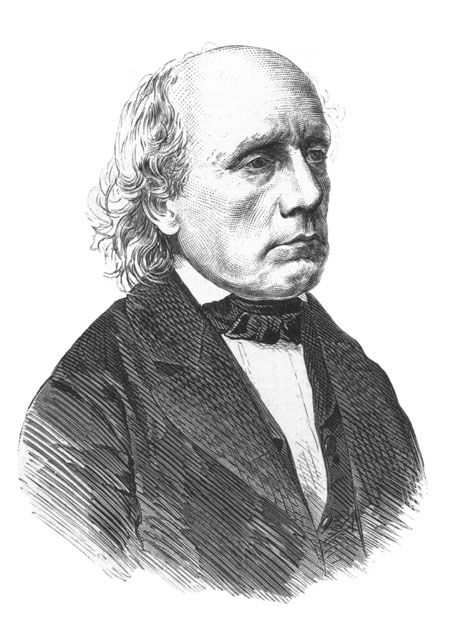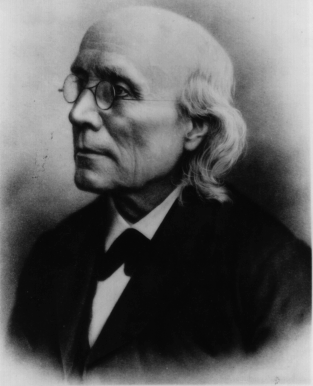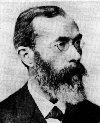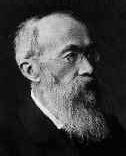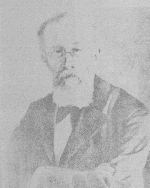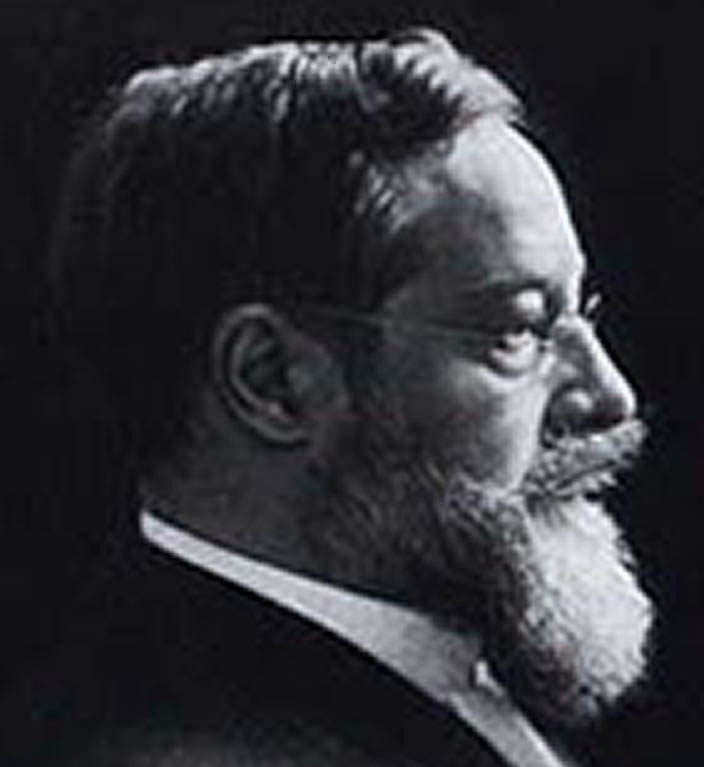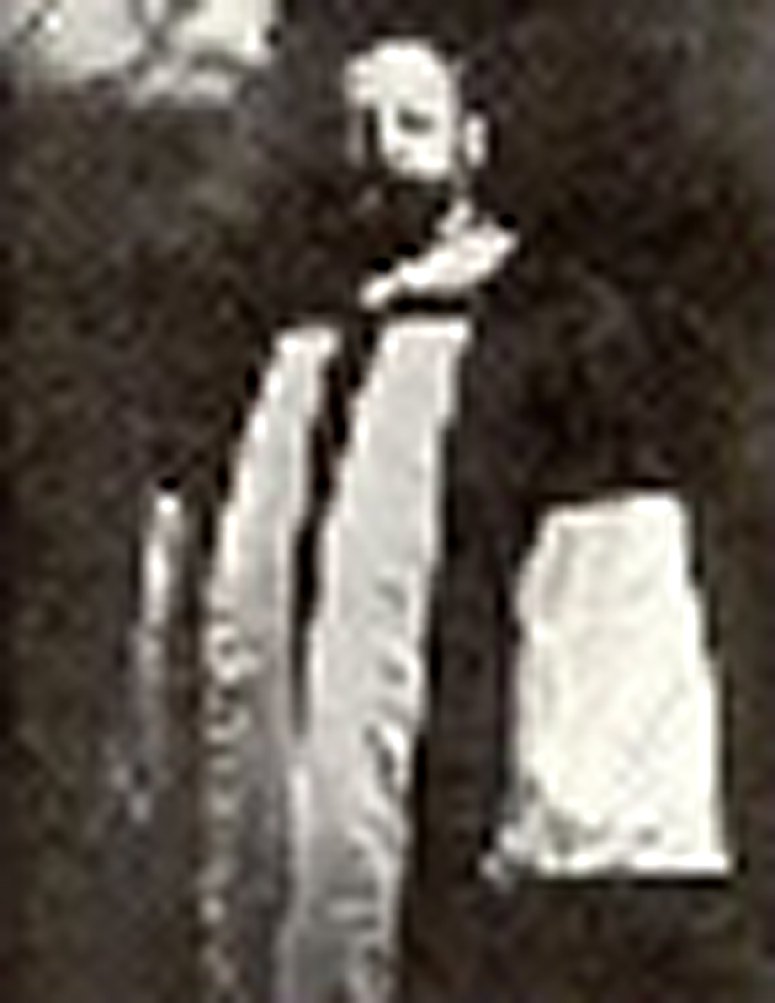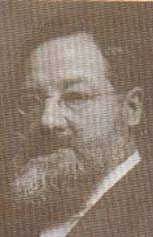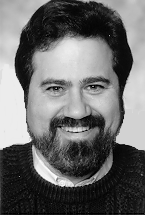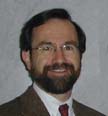|
Gustav Theodor Fechner (1801-1887)
In 1860, Fechner (also in Leipzig, Germany) published his book Elements of Psychophysics. Fechner described a set of methods for studying and quantifying the relationship between sensory stimuli and perceptual experiences. The realization that the relationships between stimulus events and mental events might be reducible to simple laws apparently occurred to Fechner while lying in bed on the morning of October 22nd, 1850. This early work on the relationship between sensation and perception and the accuracy of the perceptual representations of sensory stimuli made up a substantial portion of the bedrock of early experimental psychology. Now, scientists celebrate Fechner Day (October 22nd) each year with scientific meetings and other events in remembrance of this contribution to our field.
"Fechner's career spanned the origins of experimental psychology. His many contributions to the founding of the field include, the development of the first theory of hypothesis testing, the first measurement of a feature of the mind, the technical foundations for descriptive statistics, and ideas about consciousness that inspired Freud. Yet for all their diversity these many original contributions to psychology follow from a fundamental belief in the unity of the physical and mental worlds. In summary, these four creations of Fechner became the foundation for a century, and more, of psychological theorizing and research. What would psychology be like without Signal Detection Theory, Psychoanalysis, Experimental Memory, Attention, and Aesthetics? These are all major fields of inquiry that profit directly from Fechner's originality, integration of mathematics and experimental design, and deep conviction that the mental and physical worlds are part of a single reality. This is a measure of genius." -- Stephen W. Link (Fechner Day 2001). Fechner's Pillars: Contributions to Hypothesis Testing, Statistics, Psychoanalysis, and Cognition. Proceedings of the 17th Annual Meeting of the International Society of Psychophysics.
|
